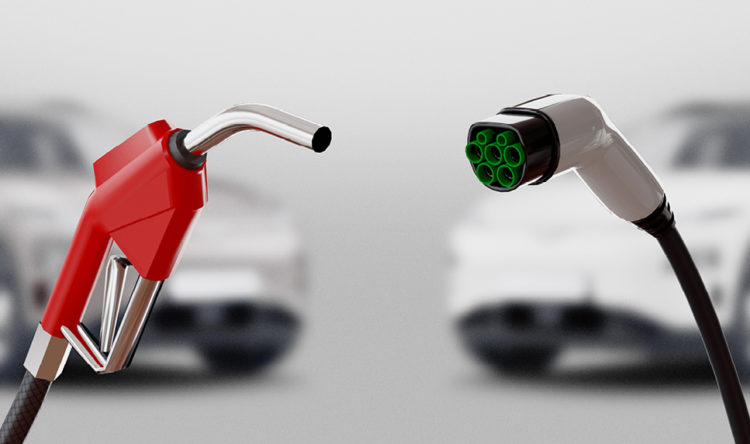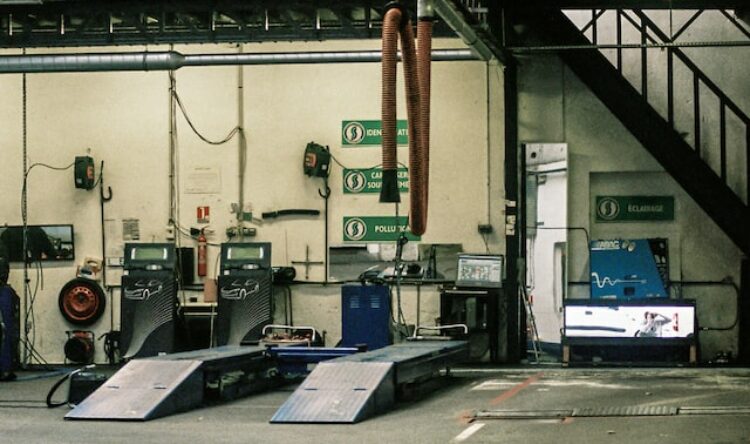Public transport losing popularity
Strikes, unreliability and high fares pushing the public to greater car ownership
Personal transport solutions gain ground as strikes affect attitudes to public transport.
New research by Auto Trader has found that half of drivers want to own a car. This is attributed to the fact that they feel unable to rely on public transport after recent strike action by rail workers.
Convenience
The findings come as RMT rail strikes disrupt the efforts of commuters to return to work after the festive holidays. But problems on the rails are also joined by the increasing problems of a postcode lottery bus service.
With an increasingly flexible workforce using both home or office, finding reliable public transport providers is increasingly difficult. Services are often sporadic, expensive and, with ongoing strike action, unreliable.
While there an increasing calls for a more environmentally sustainable transport system, the financial crisis along with post-pandemic affects on working life are encouraging more people to look for private ownership solutions that bring flexibility to lifestyle and are more cost effective.
Sign of the times
Erin Baker, editorial director at Auto Trader, said: “Many people simply don’t have the option to work from home, so rely heavily on public transport.
“But with public transport being so frequently disrupted, it’s not surprising that more and more drivers say it is their main reason for car ownership. If the strike action carries on, which is looking likely, I would expect the share to rise even further.”
Behind the wheel
The share of drivers opting to own cars due to unreliable public transport has risen since February 2020. Then, just 36% of drivers cited it as their main reason for car ownership.
Alongside this, ‘needing to get around’ (77%) and ‘freedom and independence’ (69%) are still the main reasons for car ownership. However, Auto Trader’s research showed that the strikes have propelled ‘unreliable public transport’ into the third most popular reason for car ownership, above enjoyment of driving.
Great expectations
According to eBay Motor Group research, nearly half of all new and used car buyers expect to make a purchase at some point in 2023. This comes despite the impact of the cost-of-living crisis. But this comes with a price. The public want improved dealership experiences, more electric vehicle (EV) range and reduced prices and waiting times on new cars are demanded in 2023.
Many motorists have put off buying in the last year. This is due to long waiting times due to the semi-conductor shortage globally. But also, the decision to switch to electric vehicles plays on many buyers. They want better range, a reliable and widespread charging network and models at lower/comparable prices with petrol/diesel models.
New car registrations have been at historic lows, though official stats have witnessed improvement over the last couple of months. However, the cost of living crisis, which is expected to cut through this year, could stymie sales further in the year ahead.






